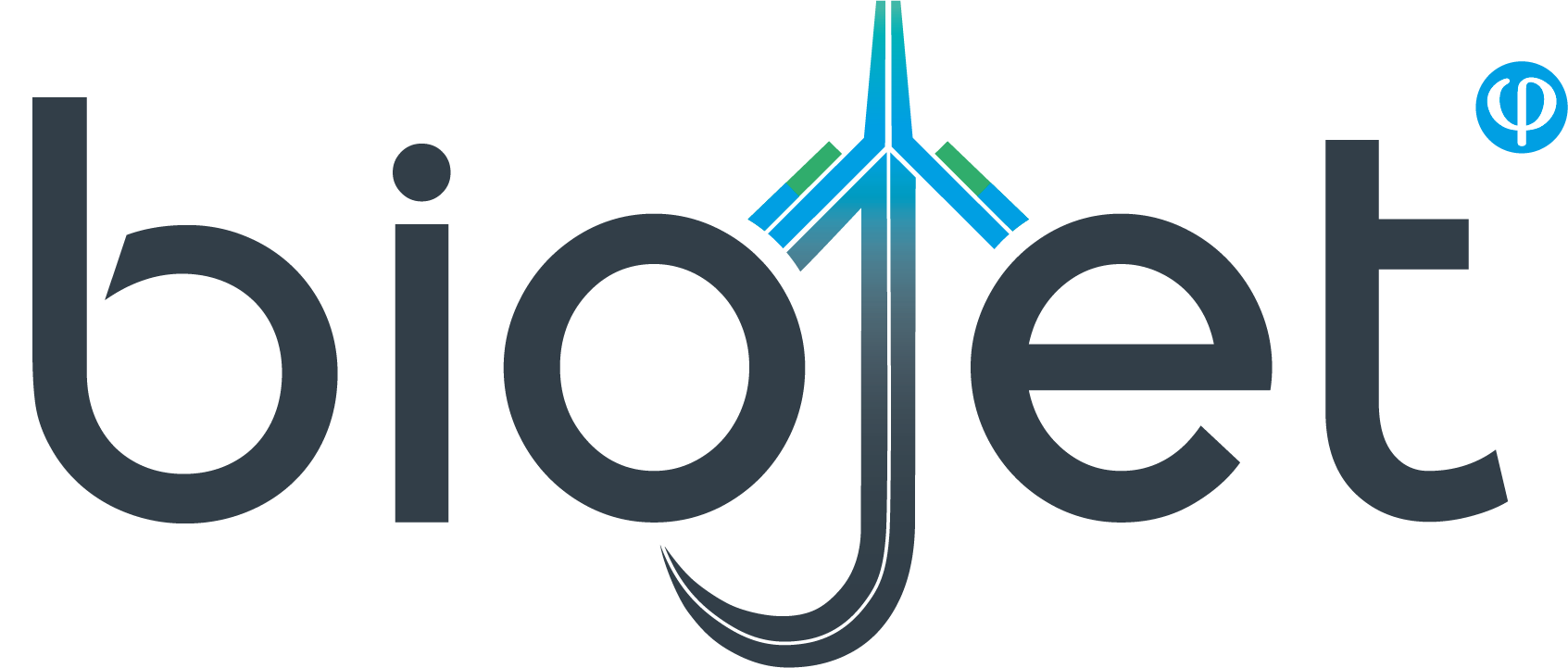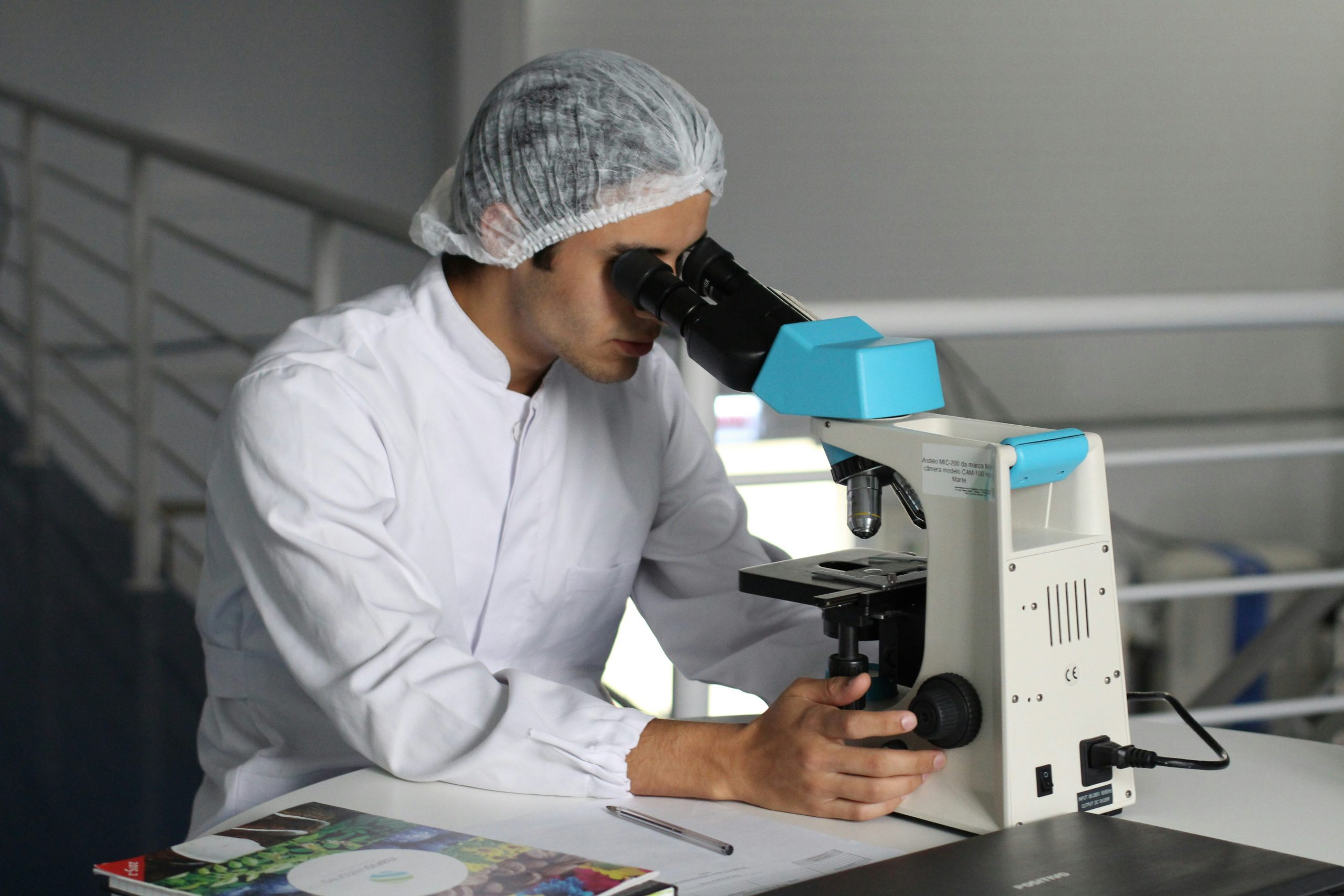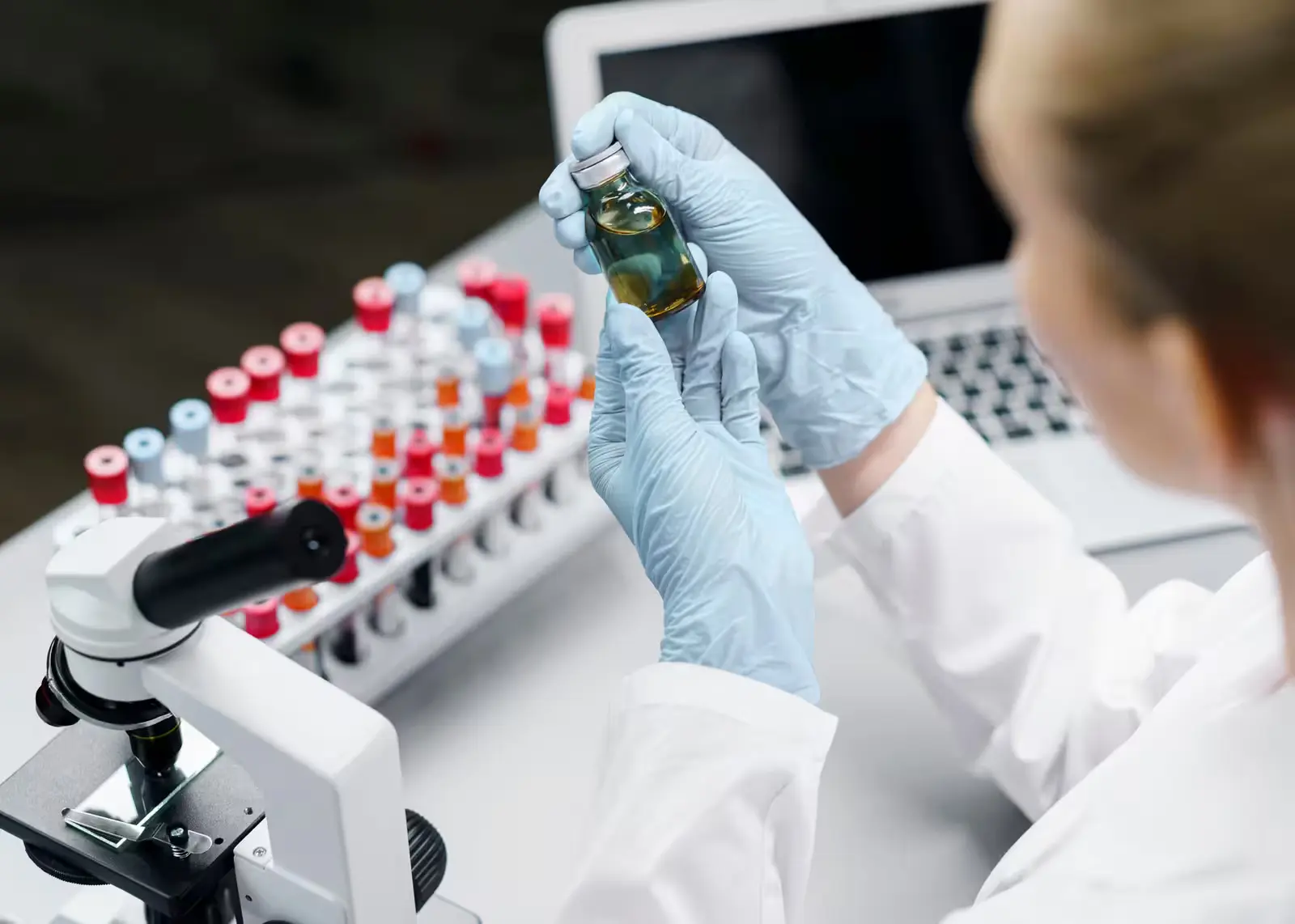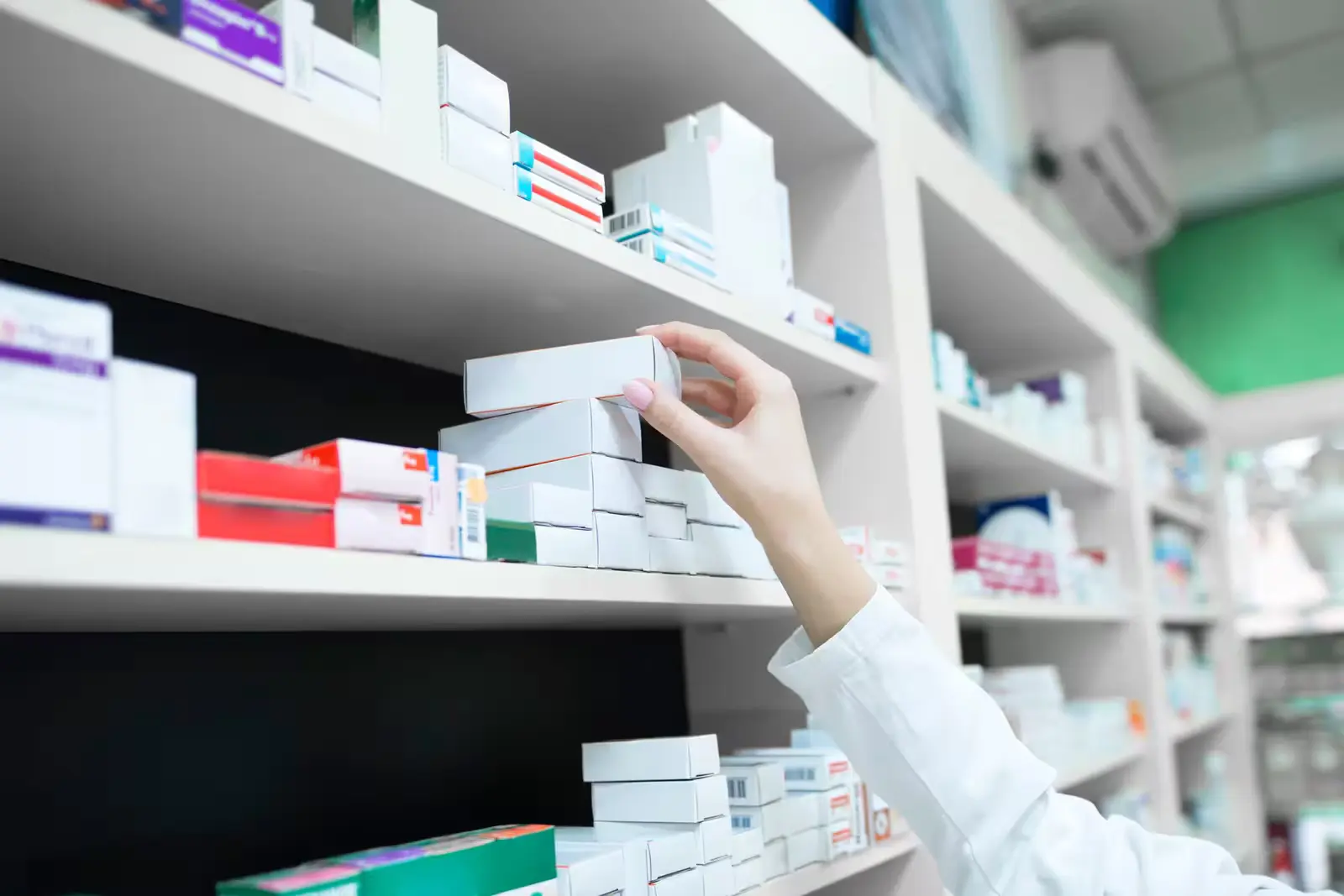According to the results of the first half of 2024, the number of approved clinical trials necessary for the registration of new drugs in Russia has decreased by more than a quarter year-on-year. The number of trials conducted by local companies for generics, which have contributed to the pharmaceutical market’s growth for two consecutive years, is also declining. According to the industry association, this may indicate the end of the main phase of developing analogs of the most in-demand medicines.
The report from the Association of Organizations for Clinical Research (AOCRI) obtained by “Kommersant” states that the number of permits issued by the Russian Ministry of Health for conducting trials of new drugs from January to June 2024 decreased by 26.4% year-on-year. Absolute figures for all types of studies are not provided in the AOCRI report. However, during January to June 2024, only eight permits for international clinical trials (ICTs) were granted—this is 94.3% less than the average issued during the first two quarters of 2017–2021.
According to the clinical trial registry, only AstraZeneca initiated a new trial among large pharmaceutical companies. Additionally, American company Oncotelic, which was previously not represented in Russia, initiated one international ICT. Following the onset of the Russian-Ukrainian military conflict, major Western pharmaceutical companies, including Pfizer, Novartis, and MSD, announced a suspension of launching new drugs in the Russian market.
Among local trials (conducted only in Russia), there has been an increase in manufacturers from friendly countries, including India, Belarus, and Iran. For example, the share of Indian companies in this list reached 45.5%, according to the AOCRI.
Amid the decline in the overall number of trials conducted by foreign companies, there has been a sharp increase in bioequivalence studies, that is, simple generics, conducted by Russian players since 2022. In 2023, the Ministry of Health issued 473 such permits, which is 29% more year-on-year and 66% compared to 2021. However, in the first half of 2024, the number of such permits decreased for the first time by one-third, down to 151. This may indicate a depletion of growth opportunities for this type of research, the AOCRI concludes. The Ministry of Health did not respond to “Kommersant’s” request.
According to Natalia Rabinovich, General Director of “Ifarma,” the surge in generic research by Russian companies in 2022–2023 was driven by the trend of import substitution. She noted that this was related not only to the consequences of the COVID-19 pandemic but also to the government’s “Patents on the Shelf” program. Under this program, the Ministry of Industry and Trade allocated 2.5 billion rubles to Russian companies in 2023 for the development and registration of generics for 25 popular drugs in case they were withdrawn from the Russian market by foreign originators. The acute phase of the struggle for import substitution has likely passed in 2023, according to the contract-research organization “OST Rus.” According to the clinical trial registry, PFC “Obnovlenie” received five permits for such work in the first half of 2024 instead of 26 a year ago, “R-Pharm” received two instead of 13, and “Promomed” received eight instead of 23.
Mikhail Murashko, head of the Russian Ministry of Health, stated in January: “We are creating many new medicines.”
According to Denis Lubov, marketing and advertising director at PFC “Obnovlenie,” the volume of new generics will decrease in favor of original drugs and proprietary developments. “OST Rus” predicts that in the near future, the main share of clinical trials conducted by Russian companies will involve high-tech drug analogs, including in cooperation with companies from friendly countries, as well as trials of original drugs from both Russian companies and manufacturers from China, India, Iran, and possibly Latin American countries.
Other pharmaceutical manufacturers link the decrease in clinical trials to the specific product development cycles. “R-Pharm” promises to obtain more than ten permits for new research by the end of 2024. “Pharmasintez” has received six permits during July–August, while several new ICTs are expected to be launched soon at “Promomed,” their representatives told “Kommersant.” “BinnoPharm Group” notes that they are developing more complex and expensive products in Russia and do not plan to reduce the number of clinical trials.
Source: Kommersant, September 16, 2024.








